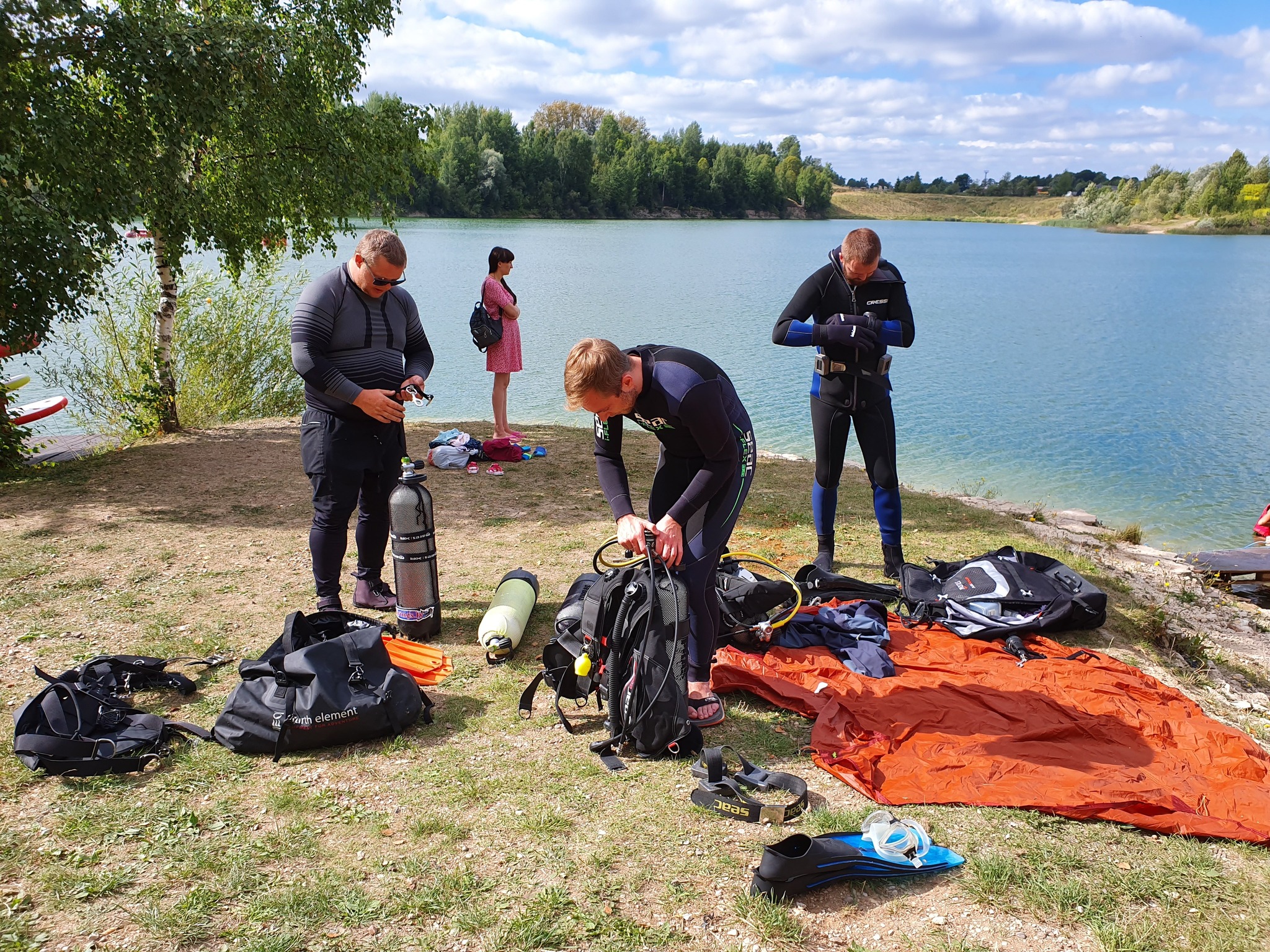Divers from the Latvian diving club “Daivings.lv” have taken it upon themselves to clean up the Cēsis reservoir, which has been plagued by decades of pollution. The club has been working tirelessly to remove trash, debris, and other contaminants from the water, and their efforts are already making a significant difference.
Why It’s Important to Clean Up Underwater Trash
The Cēsis reservoir is a vital source of water for the city of Cēsis and its surrounding area. However, it has been polluted for many years due to a variety of factors, including industrial waste, agricultural runoff, and littering. This pollution has had a negative impact on the health of the reservoir and the surrounding environment.
What Divers Are Doing to Help
The divers from “Daivings.lv” are using their skills and expertise to remove trash and debris from the reservoir. They are working in teams of two, and they are using a variety of tools, including nets, gloves, and buckets. They are also documenting their progress with photos and videos, which they are sharing on social media.
The Benefits of Scuba Diving for the Environment
Scuba diving is a great way to explore the underwater world and learn about the environment. But it can also be a valuable tool for conservation. Divers can help to clean up polluted waterways, remove invasive species, and monitor the health of marine ecosystems.
Opinion from a Scuba Industry Expert
“Scuba diving is a powerful tool for conservation,” says a PADI instructor. “Divers can see firsthand the damage that pollution is doing to our oceans and waterways. And they can take action to make a difference.”
Here are five questions and answers about scuba diving and the environment:
- What are some of the benefits of scuba diving for the environment?
- Divers can help to clean up polluted waterways, remove invasive species, and monitor the health of marine ecosystems.
- Diving can also raise awareness of environmental issues and inspire people to take action to protect our planet.
- How can divers get involved in environmental conservation?
- There are many ways that divers can get involved in environmental conservation. They can volunteer for cleanup projects, participate in research expeditions, or simply spread the word about the importance of protecting our oceans and waterways.
- What are some of the challenges faced by divers who are working to conserve the environment?
- One of the biggest challenges is the vastness of the marine environment. It is difficult to monitor and protect every corner of the ocean.
- Another challenge is the pollution that is entering our oceans from land-based sources. This pollution can be difficult to track and clean up.
- What can people do to help divers who are working to conserve the environment?
- People can support environmental organizations that are working with divers to conserve the oceans. They can also reduce their own environmental impact by recycling, using less water, and avoiding single-use plastics.
- What is the future of scuba diving and environmental conservation?
- There is a growing movement of divers who are committed to protecting our planet. As this movement grows, we can expect to see more and more innovative ways for divers to make a difference.
In conclusion, scuba diving is not just a recreational activity; it is also a valuable tool for conservation. Divers can help to protect our oceans and waterways by cleaning up pollution, removing invasive species, and monitoring the health of marine ecosystems. If you are passionate about the environment, consider getting involved in scuba diving and conservation.

